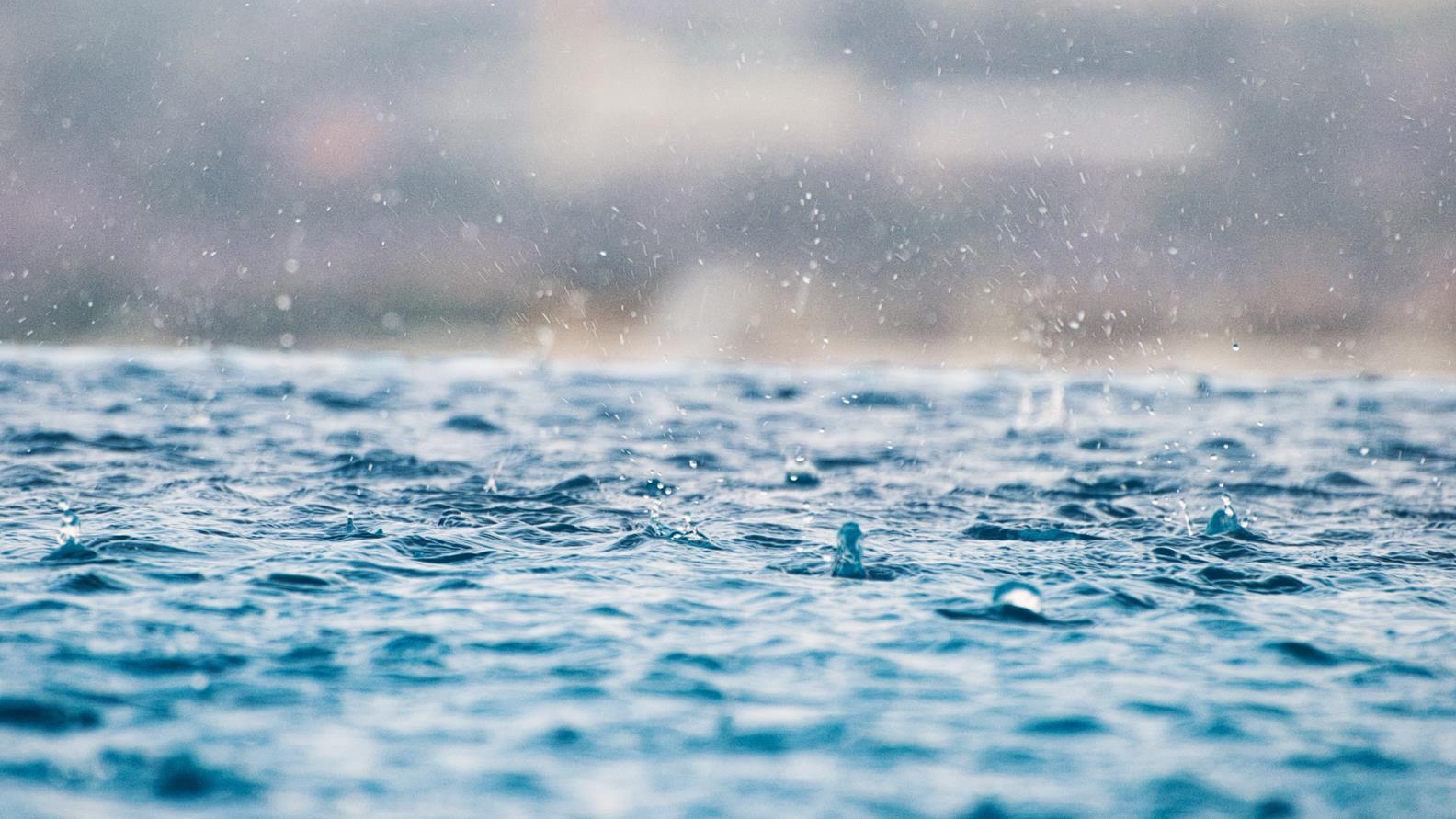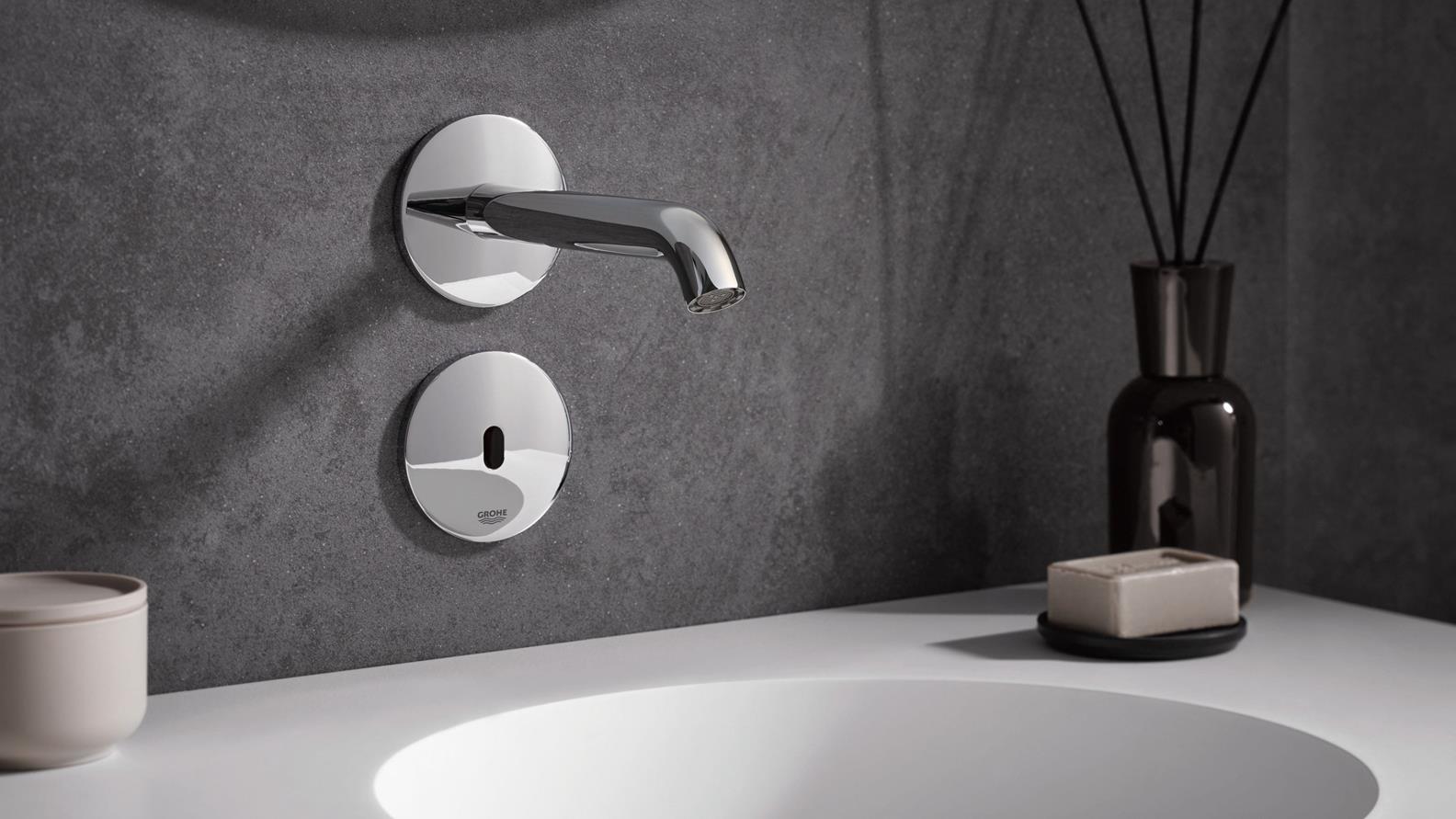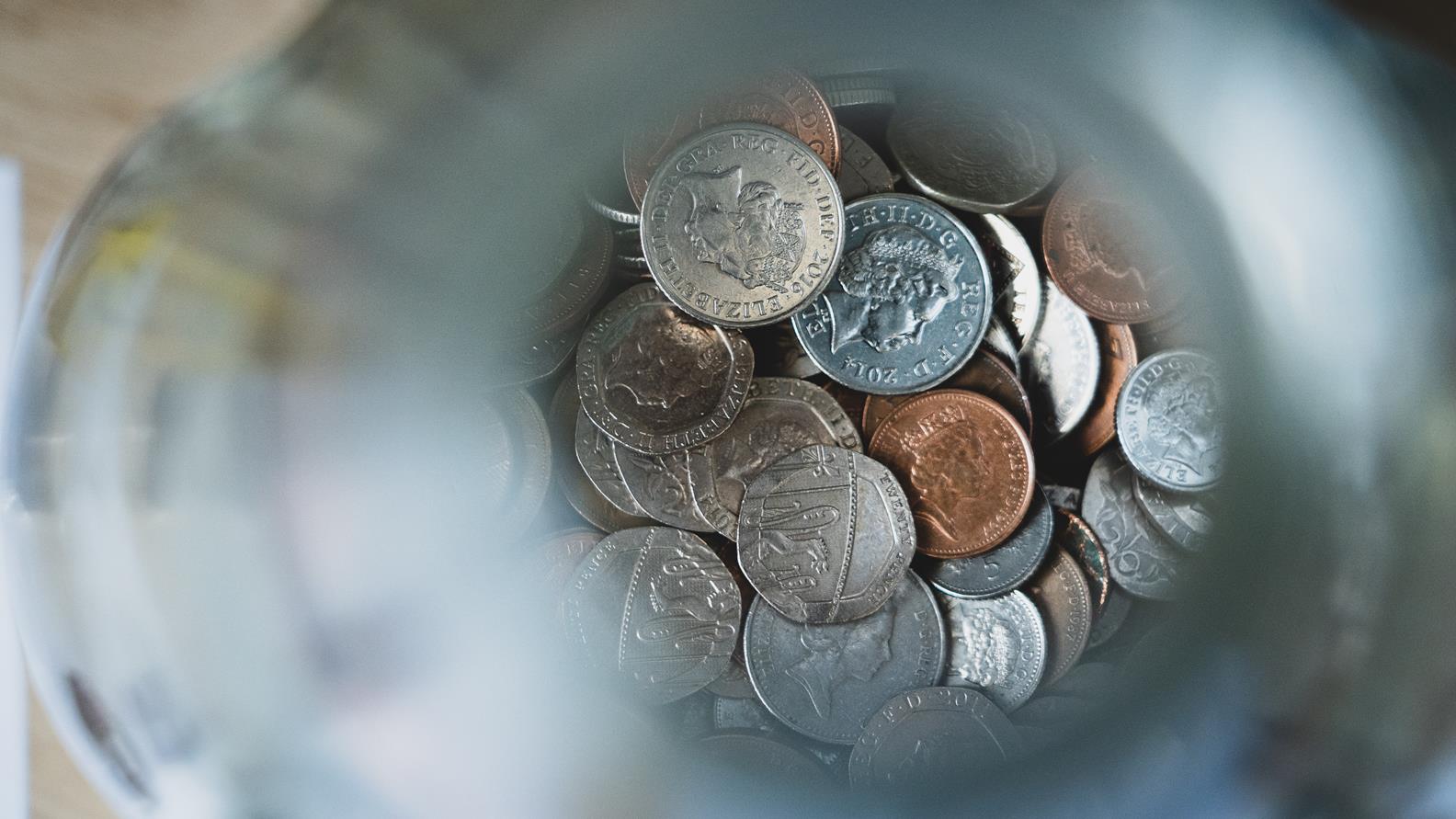Did You Know?
Sounds of water
Who would have thought that water could have such a large psychological effect on us? From relaxation to getting rid of stress to a slowing of the heartbeat, the sounds of water can influence the perception and health of human beings.
Creativity in the shower
Our best ideas often come while being in the shower. Is this true or is it a myth? Studies actually indicate that this phenomenon is not a myth. Even the Greek mathematician Archimedes had one of his best inspirations while taking a bath. His triumphant cry, “Eureka!” is still very well-known today.
Let’s go back in time…
This effect can be explained through evolution and leads back to our time as primates. Back then, sudden, loud, and unusual noises meant danger, while natural sounds, in contrast, did not connote danger. Screams, for example, signalled the presence of a wild animal and alarmed even those who were sleeping. Even today, people are more likely to be woken up by irregular disturbances, such as the ringing of a telephone, than by a regular pattern of noise, such as the sounds of a highway.
The continuous splashing of water thus signals an absence of danger and, as a result, has a calming effect on us because it drowns out other background noises.

Water as a trend
The discovery of the effect has now even become a huge trend, as seen by the numerous apps that have embraced it. For example, the app Sleep Cycle, which measures one’s sleep rhythms, plays calming background noises. Spotify and YouTube also offer numerous, hours-long tracks & playlists that feature the sounds of water and are intended to help with falling asleep or increasing one’s concentration.
In doing so, the sound of water, amongst others, is part of the applied trend ASMR. Autonomous sensory medium response describes the phenomenon of the experience of a tickling, pleasant feeling that can be triggered by sounds or other sensory stimulations. Since 2014, an increasing number of videos and sound recordings have been made available online that are supposed to bring about this pleasant feeling. These include, for example, whispering, crunching gravel, the rustling of paper, the tapping of fingers and, of course, all kinds of splashing water sounds.

Water sounds and urban areas
But does water retain its positive effect in combination with other loud noises? Experiments are being conducted in urban spaces, since the noise of traffic is pre-programmed in these areas. The question that some researchers are asking themselves is: can the pleasant sounds of water neutralise the unpleasant sounds of traffic?
The answer is a resounding yes! Even that is possible, up to a certain extent. After all, the more pleasant the splashing, the more pleasant the overall situation is.

The diving reflex
And this is by far not the only feature: contact with water has also been demonstrated to have a positive effect on human beings. It is called the “diving reflex” and it can especially be observed in new-borns. As soon as the skin of the face is immersed under water, the breathing stops, the heartbeat slows and the circulation of blood is centralised. This reaction is triggered by a stimulation of the so-called parasympathetic nervous system in the human nervous system. This causes a reduction of the oxygen supply to organs that are important for survival so that we can stay under water for longer. This effect is even applied specifically to help with panic attacks.

Here, the face is sprayed with water or immersed in a bowl of water for a few seconds in order to slow the heartbeat. Also, when floating on the surface of the water, more active brainwaves are slowed and theta brainwaves allow a meditative state of calm.
Wherever you look, water continues to surprise us with its impressive effects on our senses. It is not only essential for life; it also make a vital contribution to the health and well-being through its influence on the senses.




